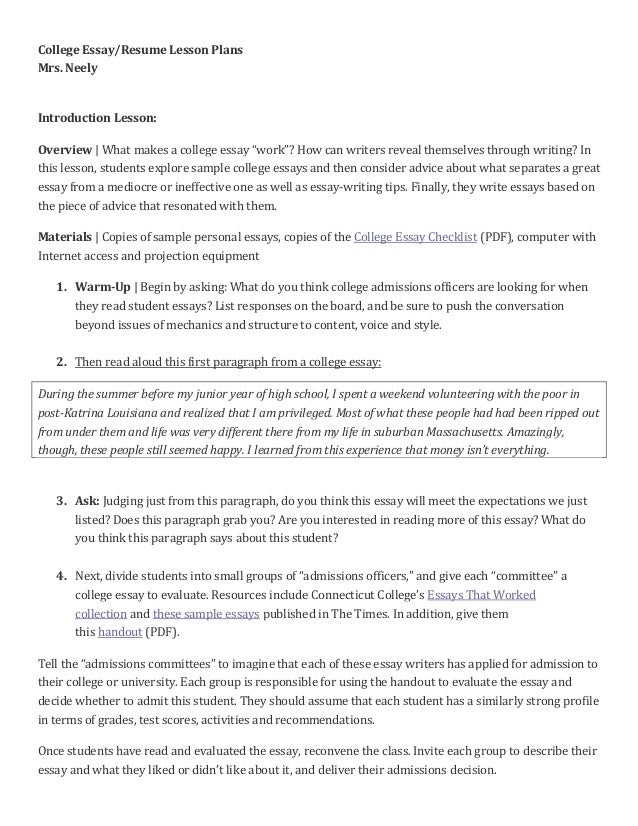George Edward Moore (Stanford Encyclopedia of Philosophy).
George Edward Moore (usually known as G. E. Moore) (1873 - 1958) was a 20th Century English philosopher. He was, along with Gottlob Frege, Bertrand Russell and Ludwig Wittgenstein, one of the founders of Analytic Philosophy (one of the two main traditions in 20th Century philosophy, the other being Continental Philosophy).
Essays and criticism on G. E. Moore - Critical Essays. Moore, G. E. 1873-1958 (Full name George Edward Moore) English philosopher and editor.

George Edward Moore facts: The English philosopher George Edward Moore (1873-1958) was one of the originators of conceptual and linguistic analysis, the dominant trend in modern English philosophy. Born on Nov. 4, 1873, in Upper Norwood, a suburb of London.

G. E. Moore, influential British Realist philosopher and professor whose systematic approach to ethical problems and remarkably meticulous approach to philosophy made him an outstanding modern British thinker. Elected to a fellowship at Trinity College, Cambridge, in 1898, Moore remained there.

George Edward Moore (2004). “Principia Ethica”, p.6, Courier Corporation 10 Copy quote. The hours I spend with you I look upon as sort of a perfumed garden, a dim twilight, and a fountain singing to it. You and you alone make me feel that I am alive. Other men it is said have seen angels, but I have seen thee and thou art enough. George Edward Moore. Love, Inspirational, Romantic. 29 Copy.

COVID-19 Resources. Reliable information about the coronavirus (COVID-19) is available from the World Health Organization (current situation, international travel).Numerous and frequently-updated resource results are available from this WorldCat.org search.OCLC’s WebJunction has pulled together information and resources to assist library staff as they consider how to handle coronavirus.

Discover Book Depository's huge selection of George Edward Moore books online. Free delivery worldwide on over 20 million titles.

G. E. Moore. The Cambridge philosopher George Edward Moore (1873-1958) is strongly associated with the advocacy of “realist” commonsense. Together with his acquaintance Bertrand Russell, he became recognised as an originator of the analytical philosophy that took strong root in Britain.

Enjoy the best George Edward Moore Quotes at BrainyQuote. Quotations by George Edward Moore, English Philosopher, Born November 4, 1873. Share with your friends.

George Edward Moore adalah seorang filsuf Inggris. Ia juga merupakan seorang Profesor Filsafat di Universitas Cambridge. George Edward Moore juga merupakan saudara dari penulis dan pemahat Sturge Thomas Moore. Moore bersama dengan rekan-rekannya seperti Bertrand Russell, Ludwig Wittgenstein, dan Gottlob Frege, merupakan salah satu pendiri dari tradisi analitik dalam filsafat.

George Edward Moore, in his quest to establish a direct realist account of cognition and to refute skepticism and absolute idealism, which is a brand of metaphysical monism, argued that at least some of our beliefs about the world are absolutely certain.

This volume is a comprehensive collection of critical essays on The Taming of the Shrew, and includes extensive discussions of the play's various printed versions and its theatrical productions. Aspinall has included only those essays that offer the most influential and controversial arguments surrounding the play. The issues discussed include gender, authority, female autonomy and unruliness.

By the 1960s, it seems fair to say, Moore's moral philosophy was not considered an especially live option. It was still important to read Principia Ethica, as having initiated the sequence of developments that led to the then-current views, but from the standpoint of most of those views Moore's approach to ethics was pretty fundamentally misguided.



